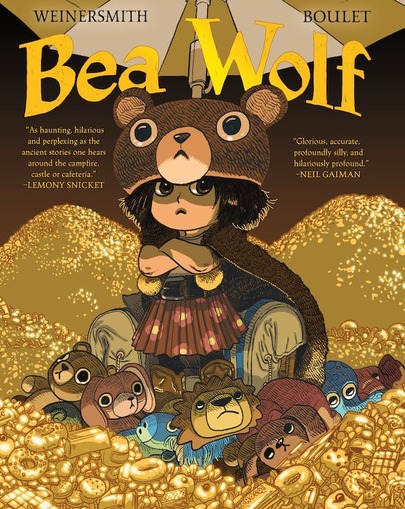The Impact of Artificial Intelligence in Real Life
Artificial Intelligence (AI) has become an integral part of our daily lives, transforming various sectors and enhancing the way we live and work. From healthcare to finance, education to entertainment, AI’s applications are vast and continually expanding. Here are some key areas where AI is making a significant impact:
Healthcare
AI is revolutionizing healthcare by improving diagnostics, personalizing treatment plans, and predicting patient outcomes. AI algorithms can analyze medical images with high accuracy, assisting doctors in detecting diseases like cancer at early stages. Additionally, AI-powered tools can monitor patient vitals and predict potential health issues, enabling timely interventions.[01]
Leigh: I anticipate robotic nursing assistants will rapidly move into disabled and elder care. The initial robots may not look humanoid, but they will have strong and gentle arms capable of lifting patients in and out of baths and toilets. AI and possibly AI robotic figures may find use to alleviating patient loneliness and boredom. Chess anyone?
Finance
In the financial sector, AI is used for fraud detection, risk management, and personalized banking. AI systems can analyze transaction patterns to identify fraudulent activities in real-time. Moreover, AI-driven chatbots provide customers with personalized financial advice and support, enhancing the overall banking experience.[02]
Education
AI is transforming education by offering personalized learning experiences. Adaptive learning platforms use AI to assess students’ strengths and weaknesses, tailoring educational content to meet individual needs. This personalized approach helps students learn more effectively and at their own pace.[03]
Transportation
AI is at the forefront of developing autonomous vehicles, which promise to make transportation safer and more efficient. Self-driving cars use AI to navigate roads, avoid obstacles, and make real-time decisions, reducing the risk of accidents caused by human error.[04]
Leigh: Vehicles like the Tesla with FSD (full self-driving) are actually robots on wheels. I suspect one advance will be the ability to communicate with like-minded vehicles. “Car 54, your view is blocked of a child running into the street, vector 13.56.”
Entertainment
In the entertainment industry, AI is used to create personalized content recommendations. Streaming services like Netflix and Spotify use AI algorithms to analyze user preferences and suggest movies, shows, and music that align with their tastes. This enhances user engagement and satisfaction.[05]
Leigh: And with that said, just for fun…
AI’s Role in Mystery Fiction Writing
For mystery fiction writers, AI offers a range of tools and capabilities that can enhance the creative process and streamline writing tasks. Here are some ways AI can be particularly useful for mystery fiction writers:
Plot Development
AI can assist writers in developing intricate and compelling plots. By analyzing existing mystery novels, AI can identify common plot structures and suggest new twists and turns. This helps writers craft engaging and unpredictable stories that keep readers on the edge of their seats.[06]
Character Creation
Creating multi-dimensional characters is crucial in mystery fiction. AI can generate detailed character profiles, including backstories, personality traits, and motivations. For instance, an AI might suggest that a detective character has a mysterious past as a former spy, adding depth and intrigue to the story.[07]
Writing Assistance
AI-powered writing tools can help authors with grammar, style, and coherence. These tools can provide real-time feedback, suggesting improvements and ensuring the narrative flows smoothly. Additionally, AI can help writers maintain consistency in tone and style throughout the manuscript.[08]
Idea Generation
When facing writer’s block, AI can be a valuable brainstorming partner. AI can generate prompts, plot ideas, and even entire scenes based on the writer’s input. This can spark creativity and help writers overcome hurdles in the writing process.[09]
Market Analysis
AI can analyze reader preferences and market trends, providing writers with insights into what themes and genres are currently popular. This information can guide writers in tailoring their stories to meet reader expectations and increase their chances of success.[10]
In conclusion, AI is a powerful tool that can significantly enhance various aspects of our lives, including the creative process for mystery fiction writers. By leveraging AI’s capabilities, writers can develop richer stories, create compelling characters, and engage readers in new and exciting ways.
Human Here
Leigh: I recently wrote about AI and a bit of what we might expect, whether sweet or sour. As I'm sure you surmised, I asked ChatGPT (a large-language model AI) to write an essay on the topic. This is the result.






































.jpg)



